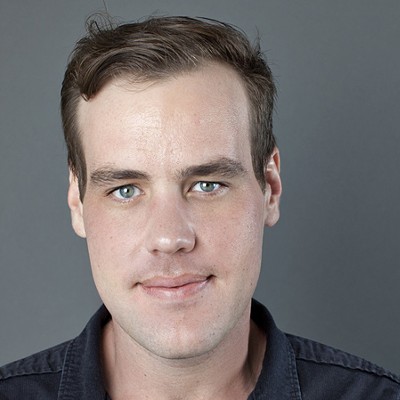Fashion lore says the waiting list for a Hermès Birkin bag is two years. The exclusive purse takes weeks to make. Prices start at $5,000, but special editions can cost six figures.
That's nice and all, but the glamour factor falls a bit when you realize that the alligator skin iterations of that ultra-luxe status symbol began life in the sticks of rural Florida, about as unglamorous of a locale as can be imagined.
Now, alligator farmers in Florida and other Southern states say Hermès's practices are putting them out of business. According to the New York Times, a few years ago, Hermès took the unusual step of buying formerly independent alligator skin tanneries and has since become the biggest player in the game. It's paying less for the skins, even as prices for gator goods soar. As a result, some farmers are closing up shop.
One farmer says Hermès is stockpiling skins and forcing other luxury goods makers out of the alligator market, which in turn hurts the farmers.
Hermès reps say the company buys only one-third of the alligator skins in Florida and other Southern states. That's far from a monopoly, but it's certainly enough to manipulate the market if the company wished.
[NYTimes: As Sales Vanish, Skins Stay on Alligators via Gawker]











